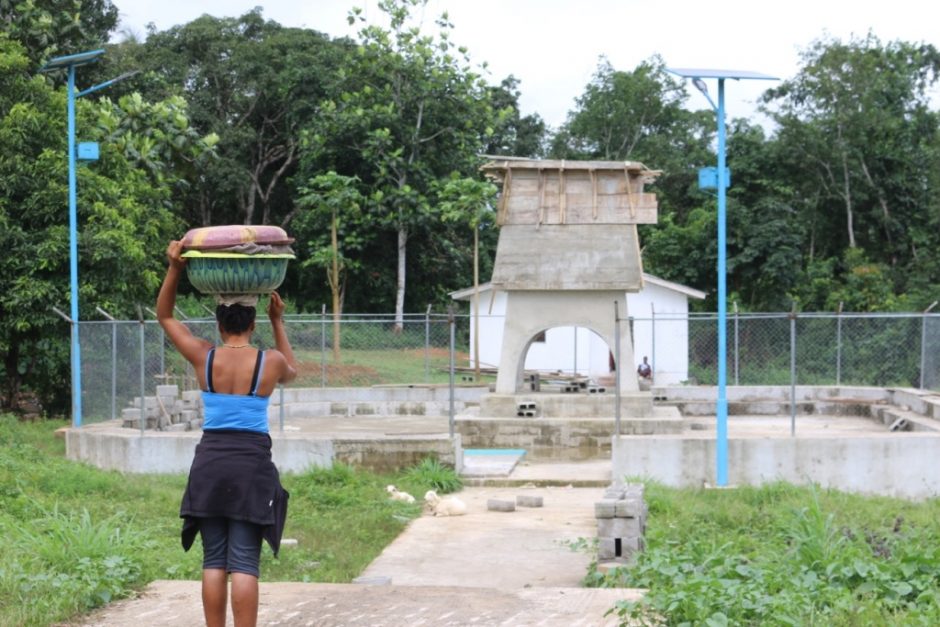
Monrovia – A new survey on social cohesion and reconciliation (SCORE) has found that majority of Liberians do not support amnesty for perpetrators of war crimes and crimes against humanity. However, the survey revealed that majority of Liberians seek apology, the truth and compensation from perpetrators as preconditions for amnesty.
This story first appeared on FrontPageAfricaOnline as part of a collaboration for the West Africa Justice Reporting Project.
The survey found 69 percent of Liberians believe that amnesty for perpetrators is unfair to victims of the civil war, while 86 percent demanded the truth prior to the granting of amnesty. Another 88 percent also demanded apology, with 67 percent strongly or somewhat of the view that perpetrators must pay their victims compensation.
The survey also revealed that violent tendencies are on the increase across Liberia—especially in rural communities—with Margibi scoring the grimmest result. The survey looked into aggression, political, and sexual and gender based violence nationwide under violent tendencies. It further shows tension brewing among ethnic and religious groups all parts of the country.
Six thousand two hundred and ten people participated in the survey, answering more than 500 questions in more than one hour, its researchers say.
SCORE is conducted in multi-ethnic societies worldwide. The survey was first conducted in Liberia in 2016. Funded by the United Nations Development Program (UNDP), it was created by the Centre for Sustainable Peace and Democratic Development (SeeD), based in Cyprus, where it has been conducted since 2013. The survey has also been conducted in Iraq, Ukraine, Bosnia Herzegovina and Moldova.
Opportunity for new President
Aaron Weah, Country Representative of the Search for Common Ground, which partnered with SeeD for the conduct of the SCORE survey in Liberia, said this year’s survey was meant to assess the legacy of the Liberian civil war (1989 -2003) and sample the views of the public on reconciliation to see which areas needed urgent intervention amid the departure of UN peacekeepers after more than a decade of peacekeeping.
Weah said that the findings of the survey was an opportunity for President George Weah to address reconciliation in Liberia, an area former President Ellen Johnson Sieleaf admitted she failed. “It provides huge dataset to understand the thinking of society, the anger in the country and the opportunity for reconciliation, so that when we are talking about these things it is not only speculation,” Weah added. “It is important for the government to see this (survey)…and the government knows that they have some level of challenge. It’s an opportunity to address the challenges.”
The TRC recommended that only ex-child soldiers and people who committed lesser crimes should qualify for amnesty. It listed 98 “most notorious perpetrators” to be tried.
President Weah has said implementation of the TRC—specifically war crimes court—is not a priority to his government. But he has been under mounting pressure to set up the court. There is a petition before the Legislature for the court, and the UN Human Rights Council has called on Liberia to implement the TRC recommendations.
Weah of Search for Common Ground said the survey showed that people wanted the government to act. “For majority of Liberians, this is not over yet,” Weah continued. “The need for closure is still far away. People want to know the truth about what happened,” he said. “People want to see perpetrators mentioned in the TRC being remorseful about their actions, and not someone coming up and saying ‘I owe apology to no one’. People want to see perpetrators give full account.”
